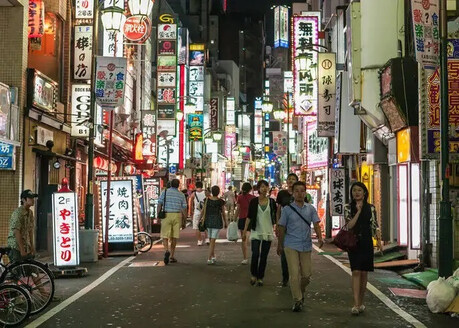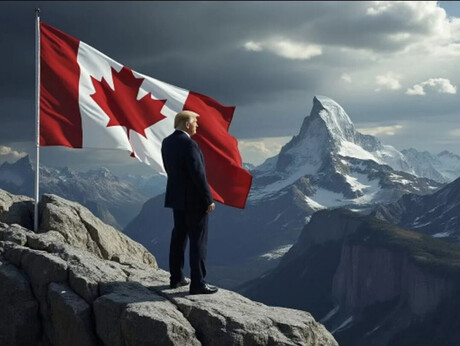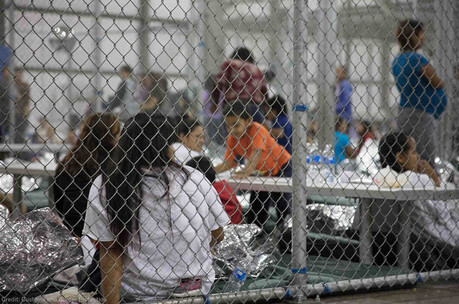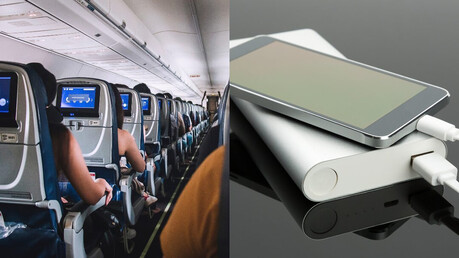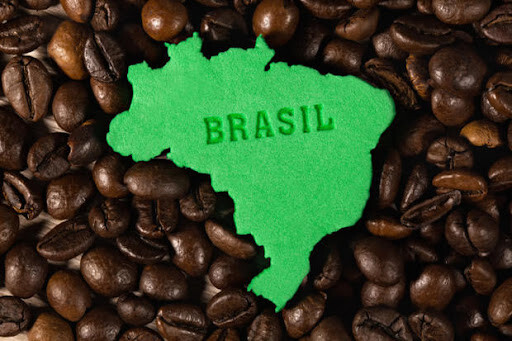
Recently, the US imposed a high tariff of 50% on imported Brazilian goods, putting the export front of Brazil, the world's largest coffee producer, on high alert. As the US has long been the biggest market for Brazilian coffee, this measure is expected to be a fatal blow to Brazil's coffee industry. However, seizing this crisis as an opportunity, China is rapidly emerging as a new trade partner for Brazil, shaking up the global coffee market landscape.
The US's imposition of a 50% tariff stems from a political conflict between the Brazilian government and President Donald Trump. After former President Jair Bolsonaro, known as the 'Trump of South America,' was indicted on charges of plotting a coup, Trump used the high tariff as a card to pressure the current government of Luiz Inácio Lula da Silva. In response, the Brazilian government is strongly protesting and considering filing a complaint with the World Trade Organization (WTO).
Amidst this situation, China moved quickly. The Chinese Embassy in Brazil recently approved transactions for 183 Brazilian coffee exporters, significantly expanding access to the Brazilian coffee market. China is strengthening its cooperation with the Brazilian government while openly revealing its intention to check the US. In addition to coffee, China is expanding its economic cooperation with Brazil in various ways, such as approving exports to China for 30 Brazilian sesame distribution companies.
The per capita coffee consumption of Chinese people is 16 cups annually, which is far below the global average of 240 cups. However, with coffee consumption rapidly increasing in China, it is considered a market with great potential. Last year, China imported about 930,000 bags of Brazilian coffee, ranking 14th among Brazil's coffee export destinations. This is a small amount compared to the 8.14 million bags imported by the US, but with the Chinese government's large-scale transaction approval, the amount of Brazilian coffee exported to China is expected to increase explosively in the future.
Brazil has firmly held its position as the world's number one coffee producer, with an annual production of 67-68 million bags. This foundation was significantly influenced by a stable trade relationship with the US. Last year, the US was Brazil's largest customer, accounting for 33% of its total coffee exports. However, this tariff bomb has placed Brazil in a desperate situation where it must reduce its dependence on the US and seek new markets.
As a result, the economic retaliation measure, triggered by political conflict between the US and Brazil, has become a catalyst for accelerating the 'de-Americanization' of Brazilian coffee exports. China's aggressive market opening, seizing this opportunity, is providing a new path for Brazil and challenging the influence of the US. As the main export route for Brazilian coffee is likely to be restructured from the US to China, the global coffee market will enter a new order. This change will not only alter the flow of coffee trade but also serve as an important example showing that the hegemonic competition between the US and China is expanding into the broader economy.
[Copyright (c) Global Economic Times. All Rights Reserved.]

















